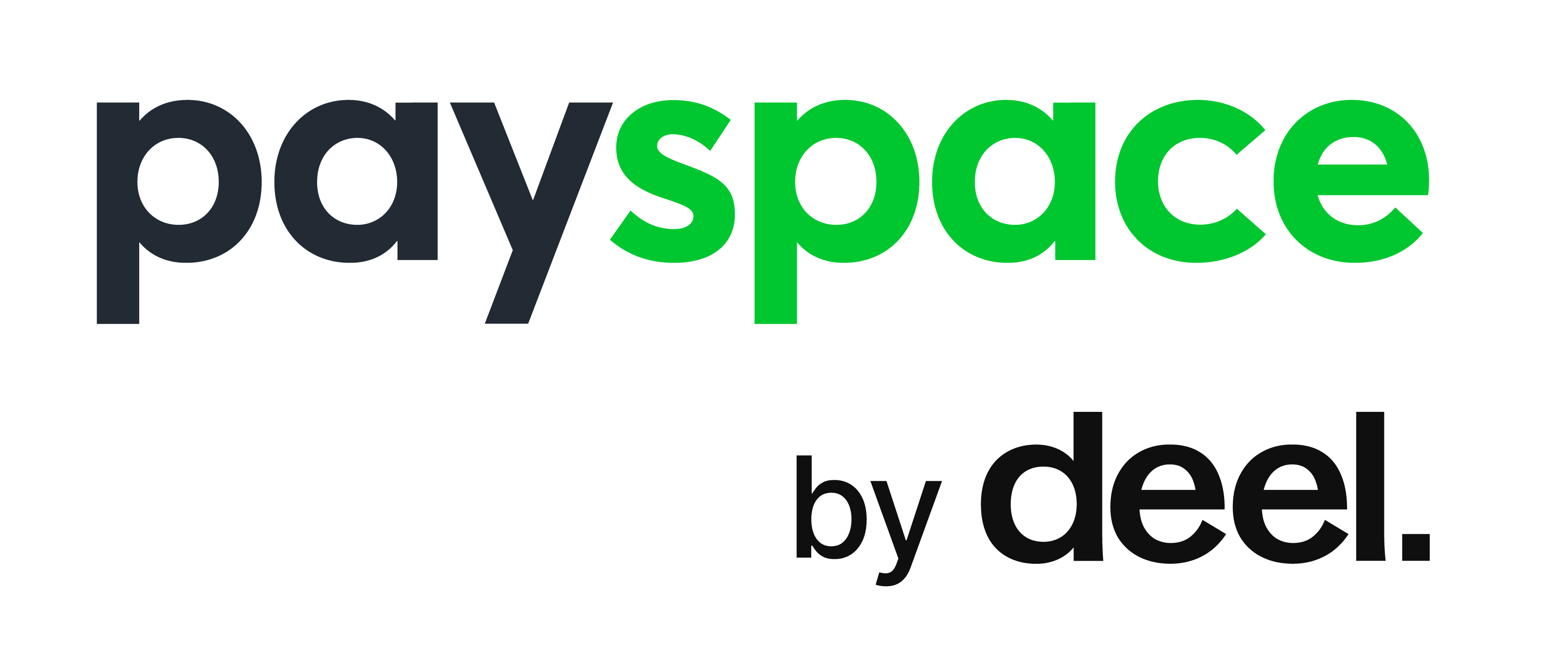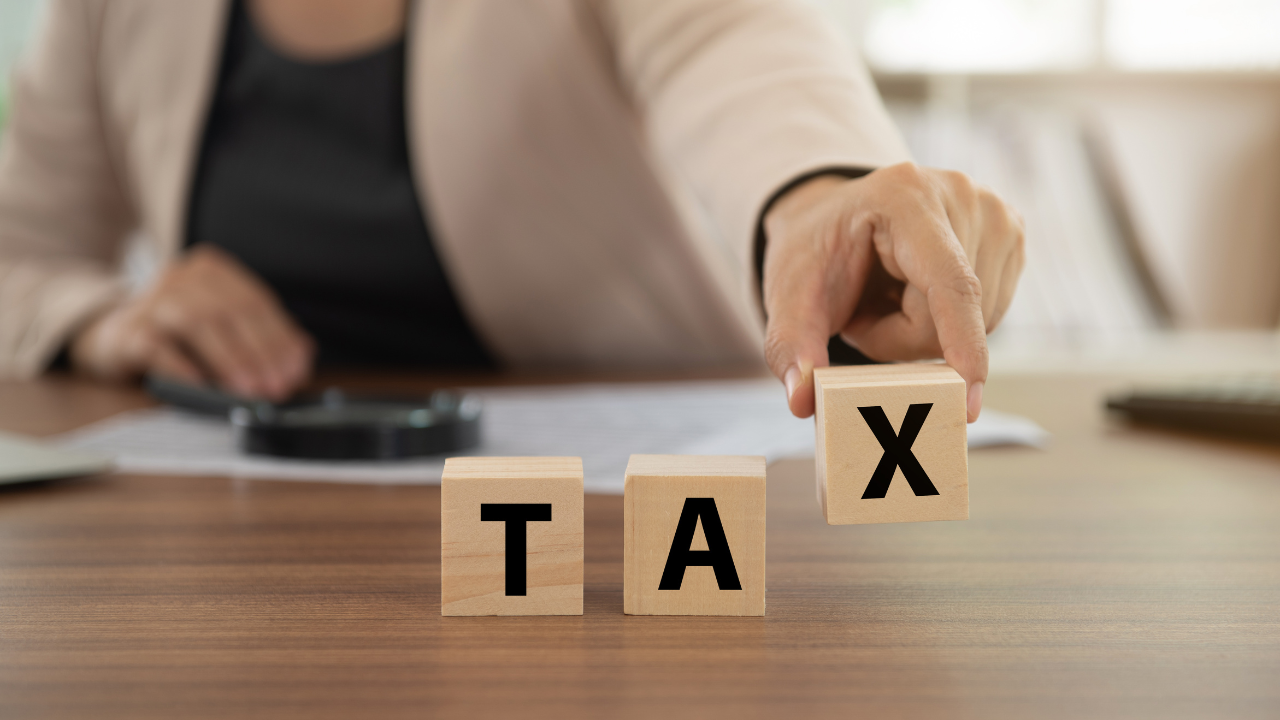Running a business is stressful and challenging enough, never mind the added complication of tax and ensuring your tax year-end runs smoothly. However, in order to ensure your business complies with legislation and does not get into trouble, it is important to ensure that these processes and requirements are adhered to.
In this article, we will discuss how you can find the right tax year-end solutions to ensure your business is in the clear.
What Does Tax Year-End Prep Consist of?
Preparing for tax year-end is important. This is because it is a time-consuming process and should not be attempted at the last minute. Waiting too long could result in you making mistakes or missing your deadline. Some of the preparation you should conduct includes:
- Prepare Documentation: Ensure that you have all of the necessary documentation required to perform your tax return. You can also gather all of your receipts and invoices to ensure you have proof of what you are reporting.
- Review Financial Statements: It is important to review your financial statements from the past year. This process will allow you to work through and check that all income, expenses, and deductions are accounted for. You will also be able to determine whether everything has been reported and is correct on your tax returns.
- Calculate Tax Deductions: While reviewing your financial statements you will also be able to calculate whether or not you are eligible for any deductions that might decrease the amount of tax payable. If you are, you should calculate the exact amount that you are eligible for.
- Plan For Business Expenses: While reviewing the past year, it is important to identify trends and plan for future business expenses. This could potentially yield further tax savings in certain cases.
Managing Submissions for Tax Year-End
There are a variety of tax year-end submissions that need to take place throughout the year. When submissions are due, depends on the type of tax payable. It is important to know when everything is due so that you may keep track of everything and not miss a due date.
- Registered Company: If you have a registered company, you will be required to file a provisional tax return. This can be filed 6 months after the beginning of the financial year, and then once again at the end of the financial year. You will also have to file for your annual return. This must take place within one year from the previous financial year’s end.
- Sole Proprietors: If you are a sole proprietor, or otherwise known as a provisional taxpayer, you will have to file a provisional tax return and make a payment. This will have to occur before the end of August of each year. A second payment will also be due before the end of February of each year.
- Pay As You Earn: When performing PAYE, it is required that you submit a monthly form known as an EMP201. This will be due on the 7th of each month. If the 7th falls on a weekend the due date shifts to the Friday before the 7th. Interim and annual EMP501 forms will also be filed throughout the year. The interim EMP501 is typically due between 1 September and 31 October; while the annual EMP501 is due between 1 April and 31 May.
- VAT: When submitting and paying for VAT you can submit and pay electronically or manually. However, the due dates for these do differ. If you decide to submit and pay your VAT201 form manually the due date is the 25th of every month; whereas the electronic due date is the last business day of each month.
Making Use of Tax Year-End Support
Tax year-end can be complicated, stressful, and time-consuming. This is why it is best to have as much support in place as possible. Ensuring that you have the right support structure in place will help to ease the burden. Therefore, it is best to have a payroll administrator employed in your business. They will be able to handle most of the documentation and day-to-day requirements. It is also advisable to consult an accountant so that they may advise you on the best practices when it comes to these processes. Finally, it is best to ensure you have a comprehensive payroll software system in place (preferably one that is cloud-native). This will allow you to automate many of the processes and tasks, increase accuracy, and will constantly be updated on the newest regulations and legislation, increasing your level of compliance.
PaySpace offers tax year-end solutions to help you
PaySpace is a cloud-native online payroll software system that allows you to do all of this and more. Contact PaySpace to find out how you can stay on top of your tax year-end duties.

